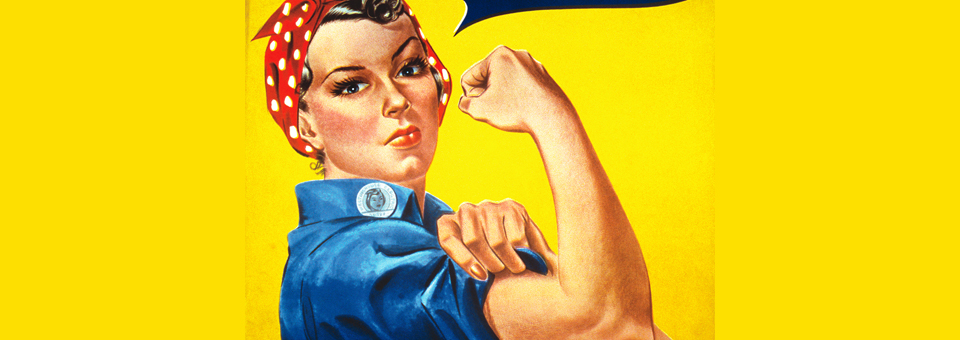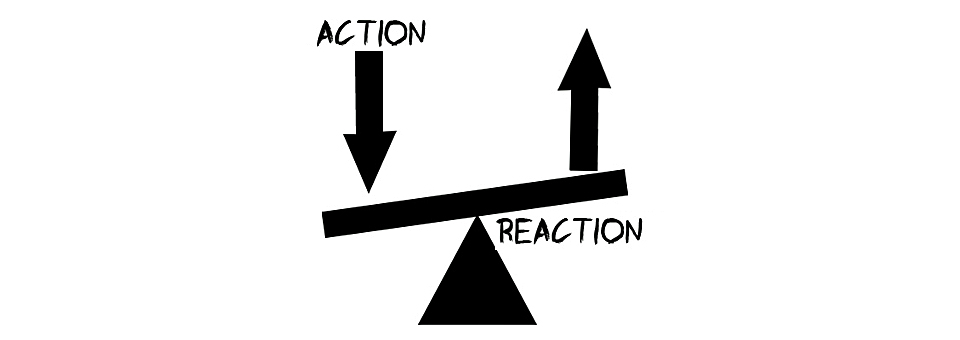For as long as I can remember I have wanted to fight injustice. Standing up for what is right when so many others remain in silence is the cornerstone of living a Sikh way of life for me. By the time I was a teenager, I was fully versed about the struggles in Punjab and across South Asia as a whole and was a veteran of political activism in that regard. Throughout my schooling I came to focus on fighting racism at a time when Rodney King was beaten by Police in LA, Stephen Lawrence was murdered in London and Nelson Mandela remained imprisoned in South Africa. But at the turn of the century, I saw new injustices that I had not commonly encountered before that have taken me a considerable time to digest and for which I have experimented greatly as to how best to tackle. This injustice is one that dates back millennia and traverses all cultures, religions and civilisations. It is the inequality, abuse and restraint imposed upon women.
It’s difficult when men try to talk about empowering women, particularly when you are a turbaned Sikh man with an uncut beard and from a Punjabi background. It’s nigh on impossible when you are all of that and single. Women, other Sikhs and the South Asian community as a whole think that you must be peddling a perceived-feminist agenda in order to make yourself seem more attractive to the opposite sex. Whilst I am sure that there are some who see it as a stepping stone to marital bliss from amongst a limited group of potential soul mates that was not the case for me and many others too I’m sure. But it still held me back for a long time until I met my wife. Once I was ‘spoken for’ we both decided that this would be a challenge that I could now speak freely about as she had been doing for years before.
My desire to tackle inequality found new ground in my early twenties as I gradually came to see the World from which my parents had shielded me for so long. At first, I learnt that women were held back at every stratum of society, in everything from education to careers, both domestically and professionally. But my epiphany came in earnest when I heard and saw first-hand how women are still today exploited for power, pleasure and financial gain. Through the internet, film and news media, I saw exposés of forced prostitution, female foeticide, genital mutilation and so many more ways in which men exerted their authority over women. These extreme occurrences opened my eyes to lesser recognised seeds of the same injustices that were taking place on my own doorstep in suburban England. I began re-listening to music by 2pac and Public Enemy finding gems that I had clearly not understood the first time around which could quite easily be talking about the women in my locality, community and country.
In my understanding, at the heart of tackling these problems at any and every level is the need to empower women. My journey as a Sikh has brought me to this conclusion, for was that not what Guru Nanak was doing? His revolution gave cause for the down-trodden and forgotten of society to rise up and take their place as equals of their fellow citizens, regardless of their caste, religion or gender. Whilst the former have both been expressed practically, the case for women to know their true self-worth remains lacking, not only in the Punjab but across the Sikh Diaspora too. Based on that, some readers might be surprised by my assertion that I was largely unaware of female inequality in my formative years. There is very good reason for this; amongst the circle of family friends in which I was raised, there was little or no female inequality. This close nit group comprised a range of Punjabis from differing backgrounds, castes and classes. Our weekends were spent playing, studying and socialising together and in all that time I cannot remember an occasion where the girls were not playing football with us in the park, or where we boys were not preparing food in the Gurdwara langar. It might sound idealistic and I am sure that it was not as perfect as it sounds, but it depicts how and why the reality of the way the women are treated in the World shocked me.
It also helped that I came from a maternal family who practised a Sikh way of life in this regard. The older I have become, the more I have realised that the support and encouragement my mother received from her family when she was growing up in the Punjab was rare indeed. She was born to a farming family in a rural village in Doaba and had three older brothers and an extended family all living within the same house. Not only did she complete her schooling – which was no mean feat for an Indian woman in the 1960s – but she successfully graduated with a Bachelor of Arts degree from Guru Nanak College in Banga, an institution that she cycled to daily passing the village of the Punjabi freedom fighter Bhagat Singh on her route. That achievement and the entire experience itself clearly had an impact on the upbringing that my siblings and I received. My mother raised my brother and I to respect that my sister should be able to do anything that we did, that her being female should be of no consequence. In doing so she perhaps kept us from some of the more troublesome behaviour that our male peers engaged in, but it has definitively shaped the way we interact with women too.
The question I have pondered is what to actually do to empower women. I have been wrestling with ideas and notions about how to make change happen for over the last decade and experimenting with actual events and programmes for six years – since my wife and I have been married – and have consulted with women of all backgrounds every step of the way. The truth is it is incredibly difficult to offer something that has demonstrable results and maintains credibility. I have helped to organise seminars for the Sikh Education Council equipping women with the platform to control their own agenda; I have organised workshops and lectures by the likes of Youtuber iiSuperwomanii to inspire other females; and, we have offered an open door policy to female Naujawani.com-supported University students of a Sikh or Punjabi background to talk to us about any of the specific problems that they face. These actions have borne some fruit, but the negatives far outweigh the positive responses. I have been criticised for doing anything at all based on the irony of a man trying to empower women; other South Asian men have seen it fit to ridicule and insult me personally; and on the whole I haven’t seen a change in women who have directly experienced these interventions, going on with everyday life to take control as their male counterparts naturally do.
So what to do?! Well following on from an article I wrote last year, this article signals the start from which I hope that we can produce more female-originated and female-orientated shows and events. I have realised like anything else in life, there’s nothing to it, but to do it. I’m used to being attacked for speaking out against political and racial injustice so why not add another to the list! Treading carefully has only got me so far, so as much as I am wary of wanting to be seen crusading for womens rights, I am not going to shy away from stepping in to bring change about. This is far from a solo excursion and I am pleased that so many women responded to my last article wanting to participate. If you share my unashamed idealism and want to make a difference fighting injustice of all sorts, feel free to get in touch.





